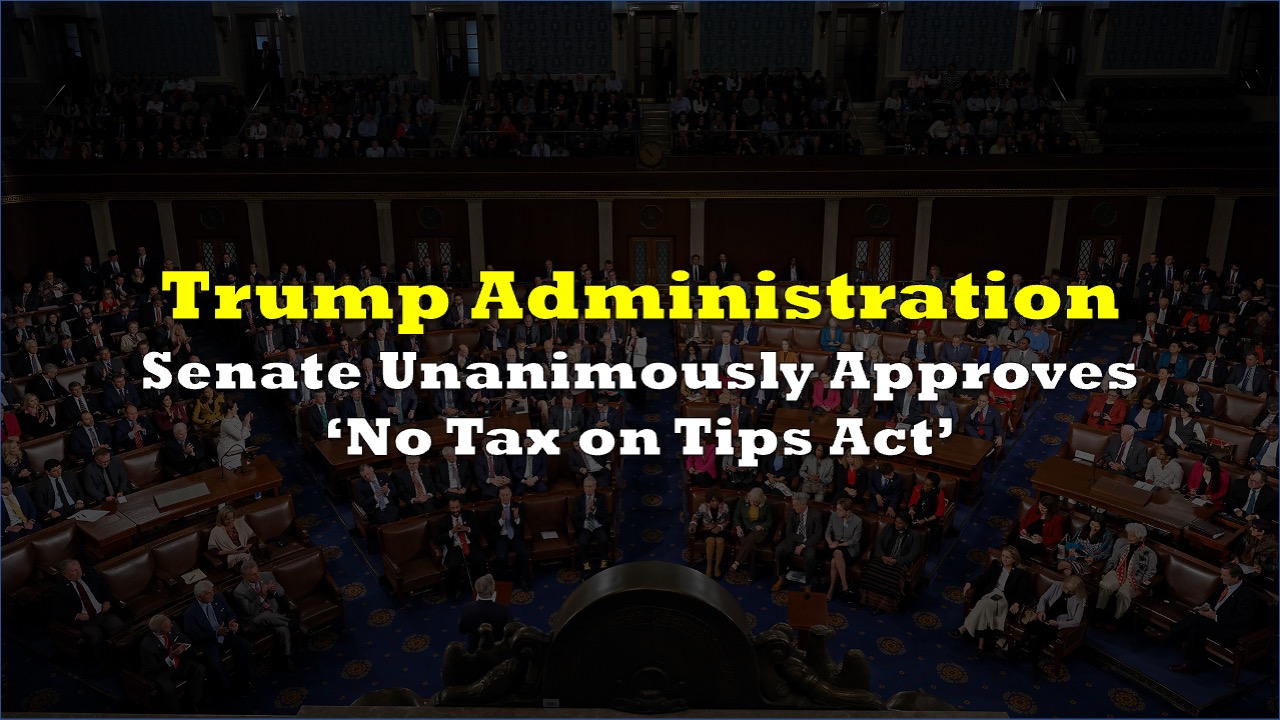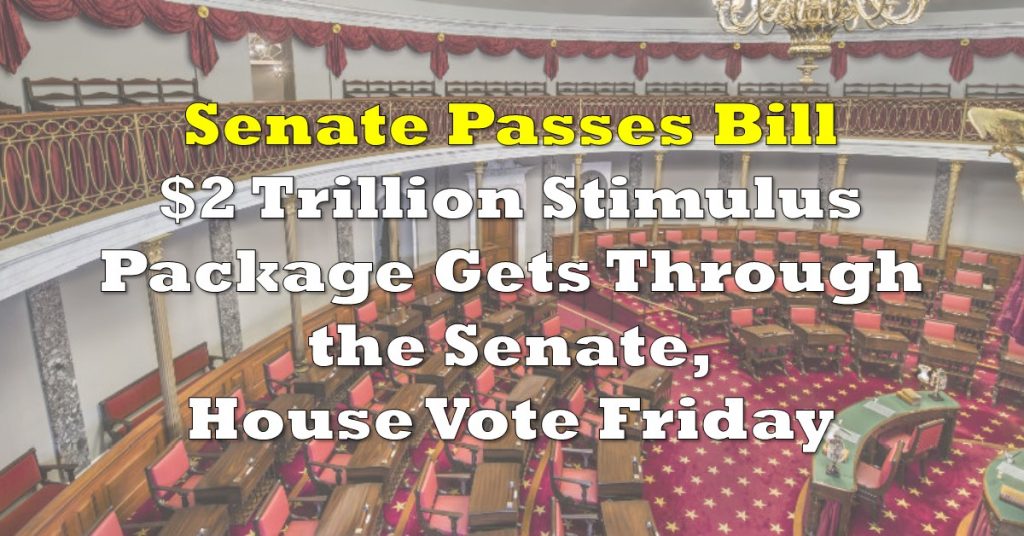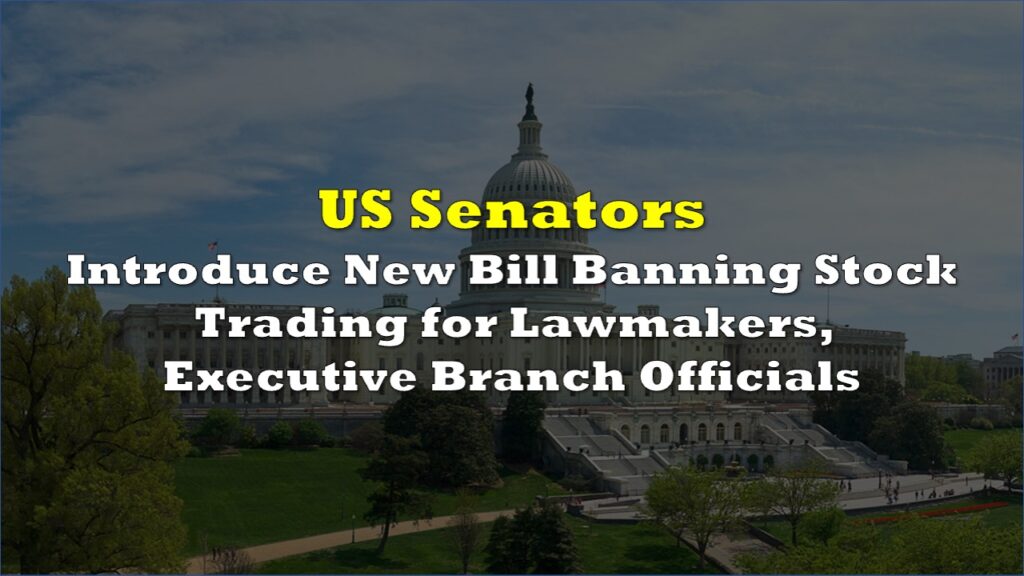The Senate unanimously approved legislation Tuesday that would exempt tips from federal income tax, advancing a key campaign promise of President Donald Trump in a rare display of bipartisan cooperation.
The “No Tax on Tips Act” would create a tax deduction of up to $25,000 annually for workers in traditionally tipped occupations. The bill now moves to the Republican-controlled House, where its future remains to be determined.
Senator Jacky Rosen, D-Nev., brought the measure up for a “unanimous consent” vote Tuesday, a procedure typically reserved for noncontroversial matters. Despite expectations that at least one senator would object, no opposition materialized.
“Nevada has more tipped workers per capita than any other state. So this bill would mean immediate financial relief for countless hard-working families,” Rosen said. “‘No Tax on Tips’ was one of President Trump’s key promises to the American people, which he unveiled in my state of Nevada.”
The legislation, designated as Bill S. 129, would apply to cash tips received through currency, credit or debit cards, or checks. Only employees earning less than $160,000 in the 2024-2025 tax year would qualify, with that threshold adjusted annually for inflation.
Workers would still need to report tips to employers for payroll tax purposes.
Senator Ted Cruz, R-Texas, introduced the bill in January with co-sponsors including Nevada Democratic Senators Rosen and Catherine Cortez Masto.
“This bill will have a lasting impact on millions of Americans by protecting the hard-earned dollars of blue-collar workers, the very people who are living paycheck to paycheck,” Cruz said.
Senate Minority Leader Chuck Schumer, D-N.Y., also supported the measure, saying in a statement that “working Americans — from servers to bartenders, delivery drivers and everything in between — work hard for every dollar they earn and are the ones who deserve tax relief, not the ultra-rich.”
The Treasury Department would be required to publish a list of eligible occupations within 90 days after passage. These would include jobs that “traditionally and customarily received tips” before Dec. 31, 2023.
House Republicans have been considering including a version of the proposal in their broader tax package, but the strong Democratic support could open the possibility of passing it separately.
“Whether it passes free-standing or as part of the bigger bill, one way or another, ‘No Tax on Tips’ is going to become law and give real relief to hard-working Americans,” Cruz said.
House Speaker Mike Johnson, R-La., has prioritized broader tax legislation, with discussions of potential votes in the coming days.
Trump championed the tax exemption for tips during his 2024 presidential campaign, a proposal that gained bipartisan traction when then-Democratic candidate Kamala Harris later endorsed a similar policy.
Welp, everybody in every industry now does 25k a year in tipped labor. My plumber will now bring my my bill in a cloche https://t.co/T7L4oihywB
— BonkDaCarnivore (@BonkDaCarnivore) May 20, 2025
Critics argue the legislation disproportionately benefits workers in certain industries while excluding most low-wage workers and could create avenues for tax avoidance. Supporters maintain it provides targeted relief to service industry workers.
Information for this story was found via Axios, NBC, The Washington Post, and the sources and companies mentioned. The author has no securities or affiliations related to the organizations discussed. Not a recommendation to buy or sell. Always do additional research and consult a professional before purchasing a security. The author holds no licenses.








